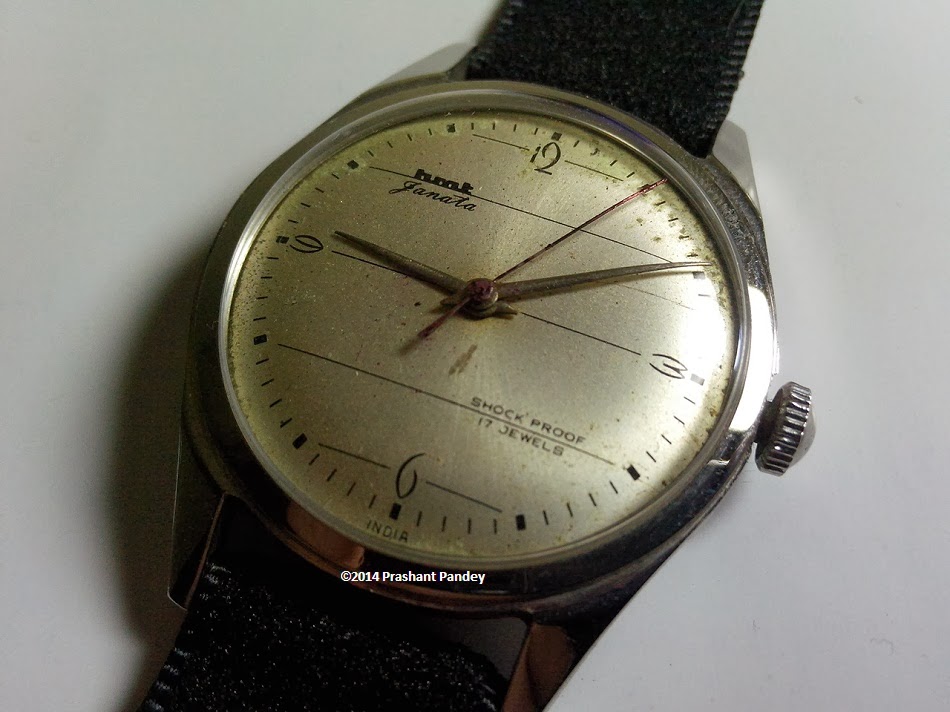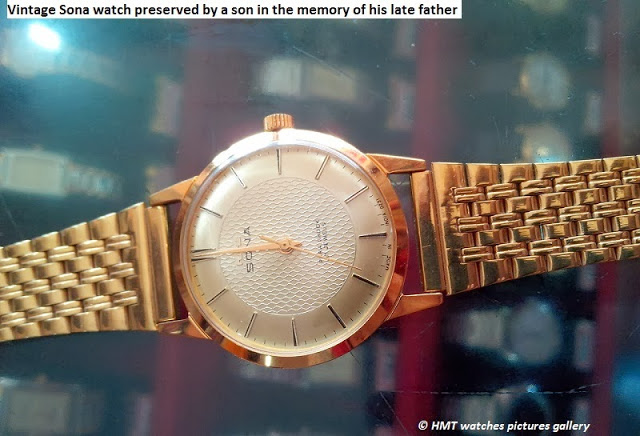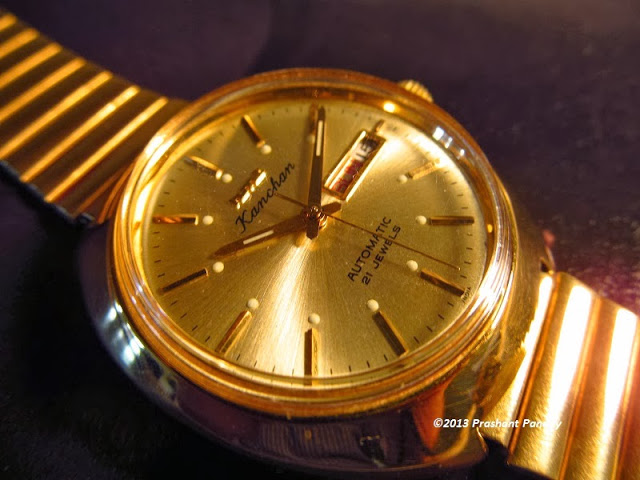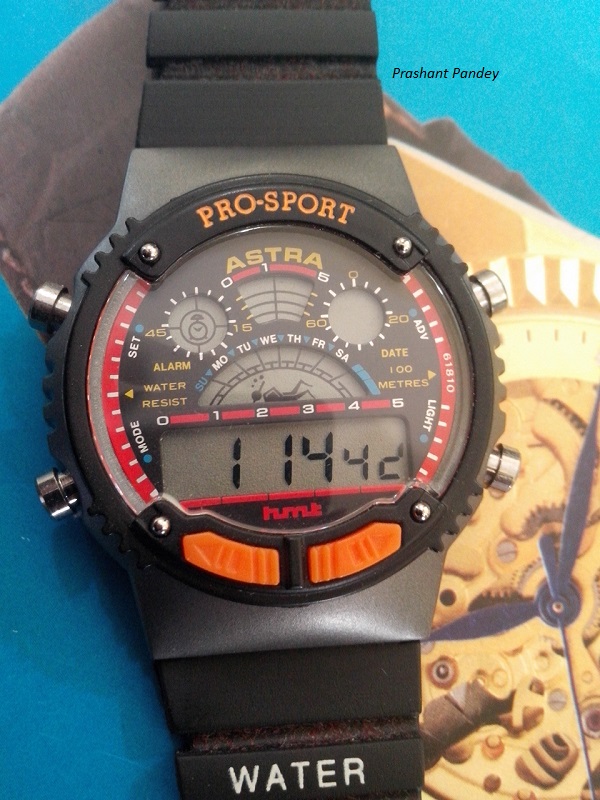There’s great irony hidden in Jurassic Park’s (1993) success. As audiences watched Doctor Malcolm (Jeff Goldblum) rile fiercely against the idea of the commercial use of dinosaurs to make a quick buck without truly understanding the technology used to bring them back to life, the very film itself became one of the biggest, financially most successful movies of the nineties, only to be dethroned by James Cameron’sTitanic (1997). Which, irony strikes again, was up against The Lost World: Jurassic Park (1997) in the visual effects category at the Academy Awards. Titanic won, but Jurassic Park's sequel boasted some effects which rivaled with its predecessor’s.
Granted, not all of the CGI effects of the first (and second) film hold up as well as they did twenty-two years ago. Which is no surprise: in 1993, this had never been done before, and the artists involved did the formerly presumed impossible - they gave us life-like dinosaurs hunting and stalking their human prey in jungles and industrial kitchens. They took an enormous risk showing off the Brachiosaurus in harsh sunlight. And they succeeded on all these fronts.
But it no longer is 1993. It’s 2015. There’s no shame in admitting other, newer films offer better visual effects. This does not mean it lessens the experience of viewing Jurassic Park and you can’t still be amazed by what you are shown; in fact, all effects-filled films made from 1993 on are built on the solid foundations Jurassic Park laid out. People still refer to it as a landmark in cinematic and visual-effects history. Which it is. The power of the original film does not just lie in its visual effects; it’s the combination of technologies, clever story-telling, a tight script and the addressing of current issues all packaged in a remarkable film, making viewing Jurassic Park the extraordinary experience it is.
But audiences have a yearning for more, they feel not just a desire to revisit familiar grounds: they want to be thrilled and won over by new, exciting ideas, larger-than-life situations and the best visuals the business has to offer. Escapism at its finest.
Now, just four months away, a whole new adventure awaits us. This time, the fourth installment in the popular Jurassic Park franchise will take us back to the island of the original film and present us with a new theme-park named Jurassic World. And, odd cameo aside, an entirely new cast will give act-de-presence to, once again, fight off dinosaurs.
This sequel to the original trilogy is much anticipated; for fourteen years the project had been on and off irregularly. Different rejected scripts surfaced, one of the oddest telling the tale of dinosaurs being bred in a Swiss castle where they were trained in combating drug-cartels. The idea caused consternation amongst fans, most of which were glad this concept never saw the light of day.
Then, one glorious day, Universal announced the fourth film would hit production. In association withLegendary, dinosaurs would once again roam the silver screens, and, again, live in a theme-park which was to be opened on Isla Nublar.
Commentary amongst the fan community was abundant: an outcry of fans who claimed a new park would never be successful because the original characters, including Grant (Sam Neill) and Malcolm, would protest the park publicly, and major problems would arise should the gates open for the public: to top it off, the United Nations (briefly mentioned in 2001’s Jurassic Park III) wouldn’t even allow for the islands to be explored or just set foot on ever again in the first place.
But we soon learned writer Derek Connolly and director Colin Trevorrow found a clever way around this: in their expansion of Jurassic Park’s already rich universe, the park has been open for ten years, apparently without incident, suffering slowly but gradually declining visitor numbers.
This didn’t exactly shut up the nay-saying crowd. In fact, they were most displeased when learning there would be a new guy on the block. And this time, unlike Spinosaurus in the third film, it isn’t just anotherbigger-than-T-rex predator; it is to be a fictional creature, created out of the DNA of several different animals, combining the best of each of their abilities.
I, too, had my reservations about this idea. A fictional creature, while there are so many real, wonderful dinosaurs to choose from! A wealth lies hidden in the fossil record still, magnificent creatures begging to be brought to life again on the big screen!
But the more we learned about this new Jurassic World and the proposed reason for the creation of Indominus rex, the more I came to appreciate the concept. As images leaked (first of Lego figures, then merchandise, then the Hasbro toy version), my initial concern dissipated. This new creature will not simply be a freak; it looks like an animal that could have been a real dinosaur.
Another much heard complaint involves the connection between the original film and Jurassic World; many fear this film will be a remake in disguise, given it takes place on Isla Nublar (the island on whichJurassic Park was built), it will be another dinosaur park and, as we know from the two trailers released, dinosaurs will escape once again and cause havoc, mayhem and death amongst those residing on the island.
There’s no denying options are fairly limited when you set a story on an island inhabited by dinosaurs. There are only so many ways in which a dinosaur can chase people on screen, while keeping it family-friendly at the same time.
However, it hardly seems to be a remake. In fact, it appears to be straying as far from the original film’s premise as possible. While we no doubt will see chaos, as we did in the first three films, the setting is distinctly different. This is not a zoo that has just opened. It’s not about people inspecting a place they’d no idea existed before arriving. This is a park up and running for years, doing business and having built a brand-name people all over the globe instantly recognize.
Looking at the original franchise, what seems to come closest to this new scenario is the third act of The Lost World: Jurassic Park in which the T-rex escapes a wrecked cargo ship and terrorizes unsuspecting people on the streets of San Diego. Even so, with two failed attempts in the original trilogy, the idea of a successful, operational park has not been explored up until now in the Jurassic Park franchise.
And, contradicting as it may seem, while people complain this film seems to try copying the original, they,we, seem to have a desire for that rush of nostalgia too. We want this film to be good; we, as long-time fans, have waited for it for over fourteen years. We feel we deserve a good film, one that lives up to all our hopes and dreams and (impossible?) expectations and at the same time will take us right back to 1993, when Jurassic Park amazed and captivated audiences around the world.
The problem is: people appear to expect and want a whole lot from Jurassic World, which it might not live up to. That (false) nostalgia we are all hoping for could be there, because we will return to Isla Nublar. For what reason they’ve chosen the original island, after ignoring it in the two sequels, as a setting for the new park remains to be seen for now. But it does have people excited for a chance of seeing the ruins of the old park (we have an indication some construction was left up - to what extent is yet unknown).
And we’ve already seen some homage in the two Jurassic World trailers released, including the iconic shot of a helicopter flying towards the island and a scene with a herd of Gallimimus running across a field. We know there will be a Tyrannosaurus, and she will once again be a star. There will be Velociraptors much like the original creatures (though with different color patterns), and we might be offered a bit more intellectual substance than the third film gave us.
But this will be a new film, a separate entity. It could be the start of a fresh franchise, expanding on the original trilogy and acknowledging and respecting the source material. However, if we will enter the theatre expecting to feel the exact same way we did in 1993 (or the moment you first saw the originalJurassic Park and were mesmerized by it), we might fool ourselves greatly. This new film is not just being made for the original fans. It’s made for everyone, and it will target a whole new, young and different audience.
We should not forget these are indeed different times. In this day and age, big, effects-heavy blockbusters hit cinemas week after week, and run for a limited time, as they are quickly replaced by the next big-name franchise vehicle. In 1993, Jurassic Park literally was the biggest film out there and held this title for months on end; everyone had either seen it or heard about it. It was impossible to escape the ongoing bombardment of merchandise and promotion. People stood in line to purchase tickets, and many returned multiple times to see the film on the big screen again and relive the wonder of seeing life-like dinosaurs.
Now, Jurassic World faces challenges the original film did not. Competition’s stiff. My hope is young boys and girls will be as captivated with this film as I was with the original. Marketing is in full swing already, with viral videos, a viral website, the film’s official website, images of the toys and merchandise popping up rapidly everywhere. Come June 2015, few people will not have heard of Jurassic World. Will this do the trick? Time will tell.
Speaking of marketing and merchandise; there’s the uproar over the new Hasbro toys too: ugly, generic, don’t fit with the original lines. I can’t deny I’m disappointed with this new toy line, especially when you take in consideration the fact that Hasbro had shown great potential during 2013 with the release of two entirely new sculpts. The Allosaurus and Pachyrhinosaurus enthralled collectors. These were high-quality toys that held the promise of much more! But the two remaining figures, Carnotaurus and Stegosaurus, were cancelled and the line was discontinued.
The new Jurassic World toys indeed seem to miss that incredible detail and the spark of magic the original Jurassic Park (and The Lost World: Jurassic Park) toys and collector cards held; one of the new Velociraptors is even missing the iconic sickle-claws!
But these toys are not (just) made for the die-hard fans and collectors: they are targeted at a much younger audience. Most of us who are in our late twenties, early thirties have seen the original film in cinemas and were no doubt aware of that dino-sized marketing campaign which supported the film; we were lucky to have experienced it consciously. 1993 was dinosaur-heaven, with an unprecedented renewed interest not just for these animals, but paleontology, biology, research and even filmmaking and story telling.
For me, it defined my childhood, and I can’t help but feel snippets of that very excitement and wonder whenever I see clips of the original film, hear its soundtrack, see a toy, a book or just the logo associated with it.
The sequels never brought this particular feeling back to me. They’re different - in a good way, they hold their own well enough. But they miss that bit of enchantment, that moment you first gaze up to observe the Brachiosaurus, the arrival at the Visitor Center, entering the laboratory to witness the hatching of a baby Velociraptor, an up-close encounter with a sick Triceratops so life-like it makes you choke up. None of the sequels contained such iconic scenes. Is it fair to expect Jurassic World will? Have we not raised the bar way too high for ourselves, and by doing so, don’t we run the risk of leaving the theatre utterly disappointed when that spark, that magical touch, the imagery which defined our childhood, turns out to be absent and replaced with new experiences somewhat alien to us now we are older and, possibly, a bit more cynical?
Will Jurassic World be as good as Jurassic Park? With a little luck, I dare say, “yes, it could be.” But it no doubt shall be different. All we can do for now is enjoy the ride and count down until June 2015!











![in_thumb[1] in_thumb[1]](http://lh5.ggpht.com/-oy-Q4EzE4hc/VGW2lZfyCiI/AAAAAAAAHKc/6yIev-CAWMM/in_thumb%25255B1%25255D_thumb%25255B1%25255D.jpg?imgmax=800)











